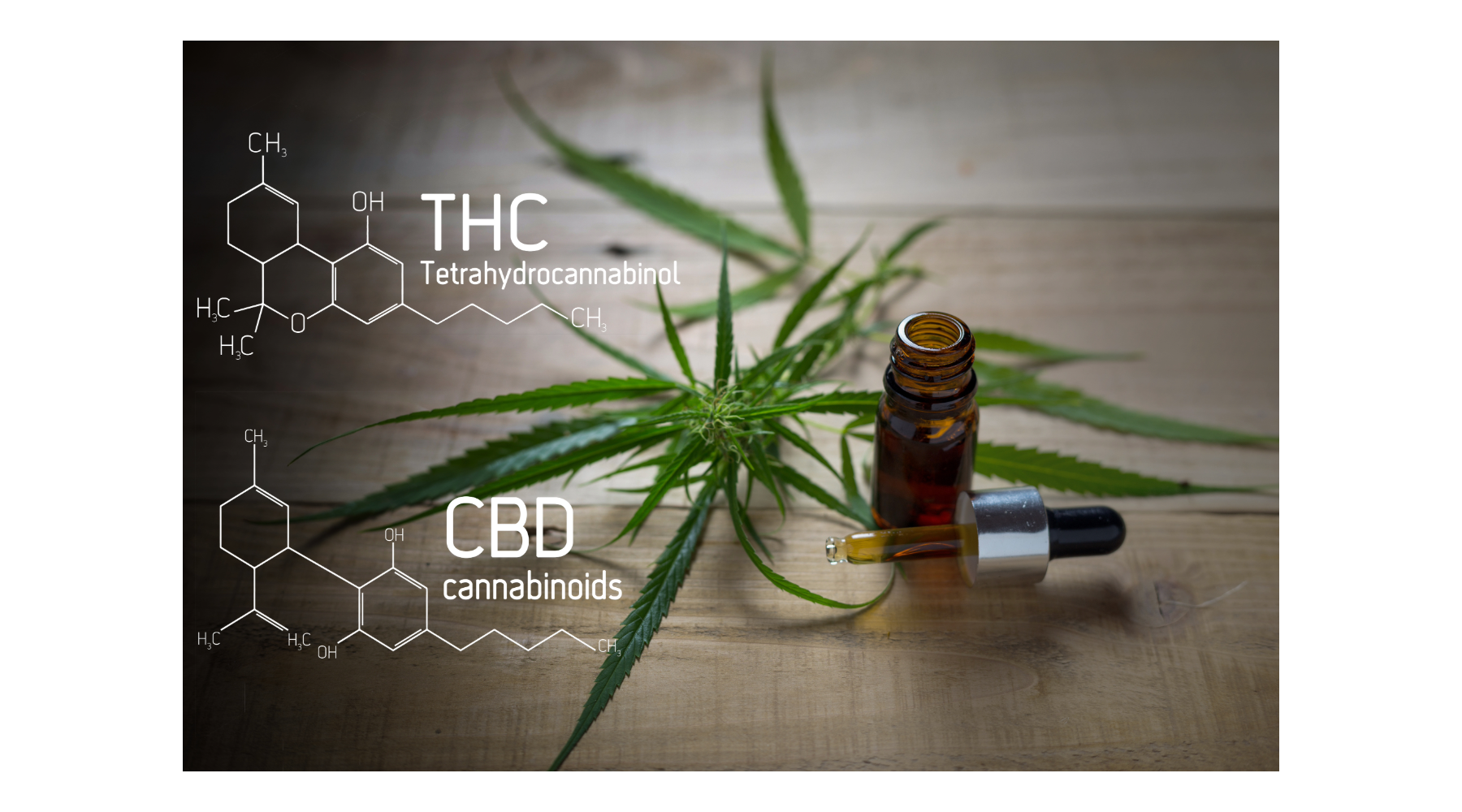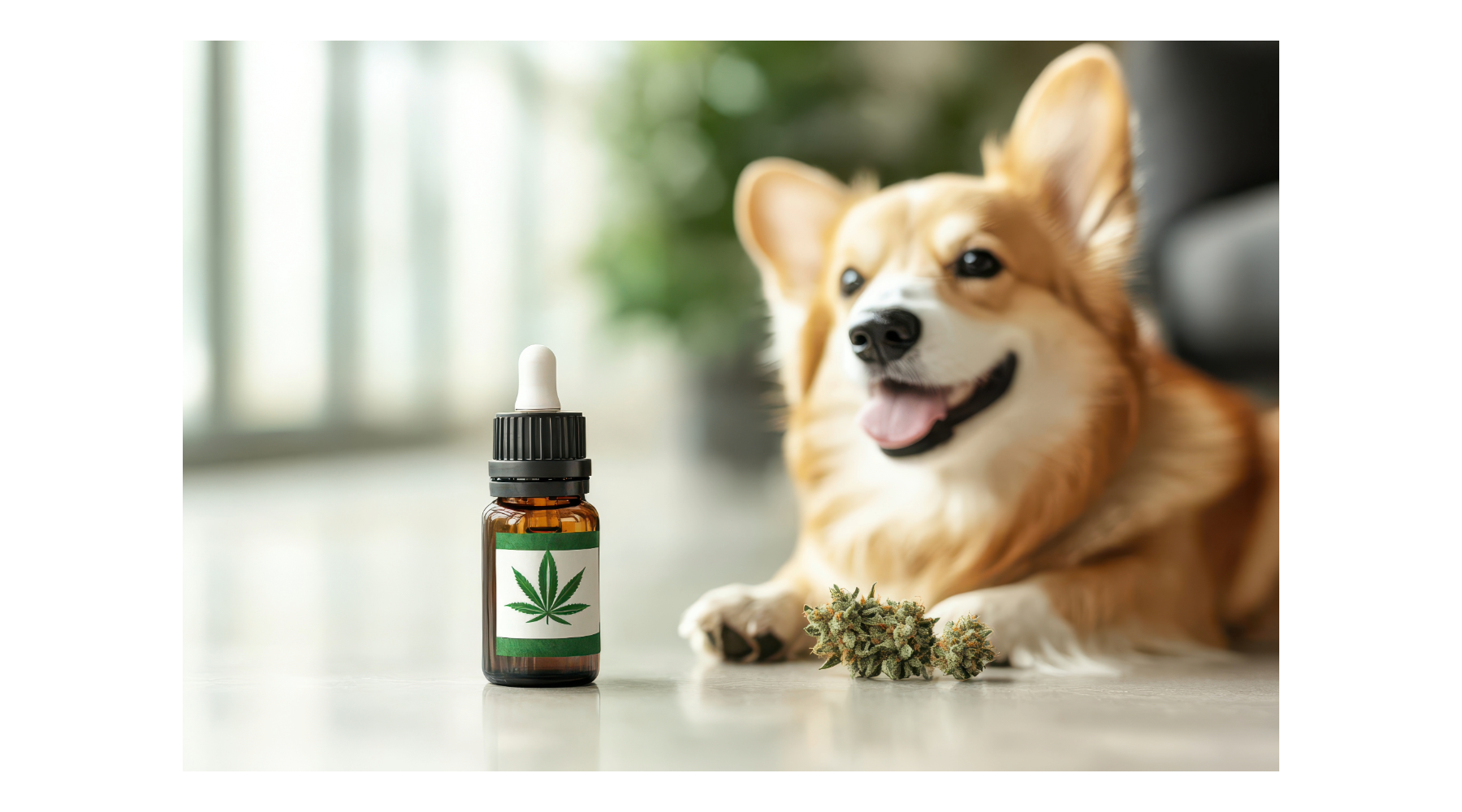In recent years, cannabis has transitioned from taboo to trend, sparking curiosity, research, and debate around its various components. Among the most talked-about substances are CBD (cannabidiol) and THC (tetrahydrocannabinol), the two most prominent compounds found in cannabis. While both have therapeutic potential, their effects, benefits, and legal status vary significantly, making the decision between the two a matter of personal preference and need.
So, when it comes to CBD vs. THC, which one wins for you? Let’s break down the differences, benefits, and uses of these two cannabis powerhouses.
What Are CBD and THC?
Before diving into the details, let’s clarify what CBD and THC are:
-
CBD (Cannabidiol): This non-psychoactive compound is known for its potential therapeutic benefits without causing the “high” typically associated with cannabis. It's widely used for its calming, anti-inflammatory, and pain-relieving properties.
-
THC (Tetrahydrocannabinol): THC is the primary psychoactive compound in cannabis, responsible for producing the euphoric “high” effect. It interacts with the brain's cannabinoid receptors to produce various physical and psychological effects.
The Key Differences: CBD vs. THC
1. Psychoactive Effects:
- CBD: As mentioned, CBD is non-psychoactive, meaning it won’t get you high. This makes it appealing to individuals who want the therapeutic benefits of cannabis without the altered state of mind. Many people turn to CBD for stress relief, anxiety reduction, and relaxation.
- THC: THC is psychoactive, and its effects are much more intense. It produces the classic “high” associated with marijuana consumption. This includes feelings of euphoria, altered perception of time, and sometimes increased creativity or relaxation. However, THC can also cause anxiety or paranoia in some users, especially when consumed in higher doses.
2. Pain and Inflammation Relief:
- CBD: CBD has gained popularity for its potential to reduce pain and inflammation, especially in conditions like arthritis, chronic pain, and muscle soreness. It is also believed to help with autoimmune conditions and has been studied for its potential neuroprotective effects in diseases like Alzheimer’s and Parkinson’s.
- THC: THC also has pain-relieving properties, particularly when it comes to acute pain or pain associated with cancer treatments. Many patients combine THC with CBD to get a synergistic effect, known as the "entourage effect," where the compounds work together to enhance their therapeutic potential.
3. Anxiety and Stress:
- CBD: One of CBD’s most well-known benefits is its ability to help with anxiety. Studies show that CBD can reduce anxiety symptoms, promote a sense of calm, and improve sleep quality. It’s often used by people suffering from social anxiety, PTSD, or generalized anxiety disorder (GAD).
- THC: THC’s relationship with anxiety is a bit more complicated. While some people find THC to be relaxing, it can induce anxiety or paranoia in others, particularly with higher doses. People prone to anxiety may need to avoid THC or stick to small amounts.
4. Sleep Aid:
- CBD: For those struggling with insomnia or poor sleep quality, CBD is a popular choice. It promotes relaxation and has been shown to improve sleep patterns by reducing anxiety and calming the mind.
- THC: THC is often used as a sleep aid due to its sedative effects. Many people use THC for its ability to help them fall asleep more quickly and stay asleep longer. However, the sedative effects can wear off during the night, leading to disrupted sleep for some individuals.
5. Legal Status:
- CBD: In many countries, CBD is legal as long as it contains less than 0.3% THC. In the United States, the 2018 Farm Bill legalized hemp-derived CBD at the federal level, though individual states may have their own laws regarding CBD products.
- THC: THC is still illegal in many parts of the world, though it is legal for recreational or medicinal use in certain states in the U.S., Canada, and several other countries. Its legality often depends on whether the cannabis is considered recreational or medicinal and whether it contains THC over a certain threshold.
Health Benefits: Which One Is Right for You?
When choosing between CBD and THC, it’s essential to consider what you hope to achieve from your cannabis use. Here’s a breakdown of potential benefits for each:
CBD Benefits:
- Anxiety and Stress Relief: CBD may be your best bet if you're looking to calm your nerves and manage stress without altering your state of mind.
- Pain Management: Whether you’re dealing with chronic pain, inflammation, or muscle soreness, CBD may offer relief, especially when used over time.
- Sleep Aid: For those struggling to get quality sleep, CBD can help promote relaxation and improve sleep quality.
- Neuroprotective Properties: CBD has shown promise in protecting brain cells and supporting cognitive function, which is why it's often researched in the context of neurodegenerative diseases.
THC Benefits:
- Euphoria and Relaxation: If you’re looking to unwind and experience a euphoric high, THC may be your go-to choice. It has been used for recreational purposes for centuries, and its mood-lifting effects are well-documented.
- Pain Relief: THC is potent in treating severe pain, particularly from conditions like cancer or chronic conditions.
- Appetite Stimulation: THC is known for increasing appetite, making it useful for individuals undergoing chemotherapy or those who need help increasing food intake.
- Nausea and Vomiting Relief: THC is often used to relieve nausea, especially in cancer patients undergoing chemotherapy.
Side Effects: What to Consider
CBD Side Effects:
While CBD is generally well-tolerated, it can cause some side effects, such as:
- Drowsiness
- Dry mouth
- Low blood pressure
- Diarrhea
THC Side Effects:
THC can cause more intense side effects, including:
- Increased heart rate
- Dry mouth
- Red eyes
- Anxiety or paranoia (especially in high doses)
- Memory impairment
Conclusion: Which One Wins for You?
Ultimately, the choice between CBD and THC comes down to your personal preferences and what you’re hoping to achieve.
- If you’re looking for relaxation, anxiety relief, pain management, and a non-psychoactive experience, CBD might be the better choice.
- If you're seeking a more intense experience, want to relieve severe pain, or enjoy the euphoric high that comes with cannabis, THC may be your answer.
Many people opt to combine the two, taking advantage of the entourage effect, where CBD and THC work together synergistically to provide a more balanced experience.
Before choosing, it's important to consult with a healthcare professional, especially if you're using CBD or THC for medical purposes. Be sure to also check the legal status in your region, as cannabis laws vary widely.
At the end of the day, whether it’s CBD or THC, the goal is to find what works best for your body and lifestyle. So, which one wins for you? It all depends on your needs and preferences!
































